Introduction
In the realm of healthcare, the integration of traditional practices with modern approaches has always been a subject of keen interest. This article delves into the captivating insights shared by Bill Hass, a seasoned anesthesiologist with 42 years of experience. With a unique perspective encompassing both the medical use of herbal medications and the burgeoning influence of mindfulness, Hass sheds light on how these two realms synergize to enhance the healthcare experience.
The Anesthesiologist’s Journey
Bill Hass introduces himself as a veteran anesthesiologist who has witnessed the evolution of medical practices over four decades. Throughout his extensive career, he has nurtured a profound fascination with the application of herbal medications within the medical domain. This fascination, combined with a more recent exploration into the benefits of mindfulness, has illuminated new avenues for holistic healthcare.
Herbal Medications: A Time-Honored Tradition
Hass underscores the enduring significance of herbal medications in human health. These natural remedies have been embraced across cultures and eras for their diverse therapeutic applications. The rich tapestry of herbal medicine, woven through history, attests to its wide-ranging efficacy. From soothing teas to potent tinctures, herbal remedies have addressed an array of ailments and conditions.
The Mindfulness Paradigm
Central to Hass’s perspective is the growing prominence of mindfulness in healthcare. Mindfulness, characterized by deliberate presence and awareness, has garnered substantial attention in recent years. Its integration into medical practices marks a paradigm shift—an acknowledgment that true healing encompasses not just the physical, but also the emotional and psychological aspects of well-being.
A Symbiotic Relationship
Drawing parallels between herbal medications and mindfulness, Hass notes the subtle yet profound connection between the two. As individuals engage more deeply in their healthcare journey and conscientiously prioritize their well-being, a synergistic relationship emerges. Herbal medications, guided by mindfulness, become more than mere therapeutic agents; they transform into catalysts for a comprehensive sense of wellness.
The Essence of Patient-Centric Care
Hass emphasizes that the crux of optimal healthcare outcomes lies in patient-centric approaches. The convergence of herbal remedies and mindfulness encapsulates this ethos impeccably. When individuals actively participate in their healing process, aligning their intentions and actions with their health goals, the outcomes are invariably enhanced. This fusion empowers patients to embrace their well-being holistically.
The Harmonious Melody of Healing
In a world where healthcare is increasingly intricate and specialized, the harmony between herbal medications and mindfulness offers a refreshing perspective. Bill Hass’s insights remind us that healthcare is not a passive encounter, but a symphony in which patients and practitioners play integral roles. The soothing notes of herbal remedies resonate with the mindful chords, creating a melody that reverberates through the realms of health and wellness.
Conclusion
Bill Hass’s wisdom, gained through years of medical practice and contemplation, opens a door to a more integrated approach to healthcare. The marriage of herbal medications and mindfulness is a testament to the intricate interplay between nature’s gifts and the human mind’s capacity for awareness. As we navigate the ever-evolving landscape of medical science, let us not forget the age-old wisdom that resonates in the gentle breeze of herbs and the profound stillness of mindfulness.
